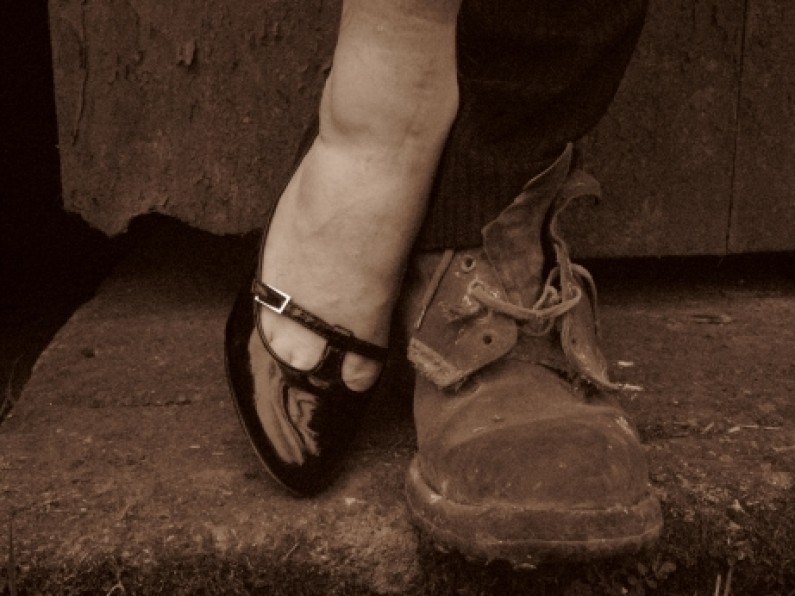
Chief Justice Ian Chang on Friday ruled that cross dressing is not a crime unless being used for improper purpose. The ruling brought down by Chief Justice Chang came in response to court action filed by four gay men and the Society Against Sexual Orientation and Discrimination 2009 after the four gay men were arrested and charged for wearing women clothes during a police crack down.
While Justice Chang ruled that cross dressing is not a crime, he also told the court that the cross dressing law that governs Guyana is not discriminatory. Section 153(1)(xlvii) of the Summary Jurisdiction (Offences) provision makes a criminal offence of a man wearing female attire, and a woman wearing male attire, publicly, for any improper purpose. The Chief Justice made it clear that cross-dressing in a public place is an offence only if it is done for an improper purpose.
In his ruling, the Chief Justice also found that the police violated the human rights of the four litigants in the case during their crackdown in February 2009 when they arrested them under section 153(1)(xlvii) of the Summary Jurisdiction (Offences) Act and he awarded each of the four arrested compensation of $40,000 (GYD) for breach of their rights to be informed as soon as reasonably practicable as to the reason(s) for their arrests under Article 139 (3) of the Guyana Constitution.
Chief Justice Chang also decided that section 153 (1) (xlvii) of the Summary Jurisdiction (Offences) Act, is immune from the constitutional challenge brought by the four transgender litigants and their supporting organisations. As an 1893 law, pre-dating Guyana’s independence, the Chief Justice said “legislative rather than curial action is necessary to invalidate the provision.” The litigants are preparing to appeal this and other aspects of Friday’s court decision.
According to a joint statement from a number of rights groups, Colin Robinson, manager of the CariFLAGS secretariat based in Trinidad, praised the court’s finding that “It is not criminally offensive for a person to wear the attire of the opposite sex as a matter of preference or to give expression to or to reflect his or her sexual orientation.” The court also found that the law applies only to “attire” and not other gendered accouterments such as head wigs, ear rings or even shoes. “The learned Chief Justice, however, has confused sexual orientation with gender identity”
Reacting to the judgment, the first-named applicant, Quincy McEwan, better known as Gulliver, who is also the Director of Guyana Trans United (GTU), noted that, “The Chief Justice was relatively clear that once you are expressing your gender identity, it’s not criminal for a man to wear female attire. But the law really stifles us, because what could be an improper purpose? The trans community is very worried, and still fearful of arrests, in light of this decision.” The court did not clarify what improper purposes gave rise to the arrests in this case.
The court also ruled that SASOD had no locus standi (standing) in the matter since the individual applicants brought the claim in their own names as the persons who were personally aggrieved.
According to SASOD, “The Guyana Constitution was the first in the English-speaking Caribbean to give “an association acting on behalf of its members” the right to bring a claim before the Constitutional Court that there has been a breach of the guaranteed fundamental rights. The standing of SASOD is one of the issues which the litigants expect to argue before the Court of Appeal.”
SASOD’s Secetary Zenita Nicholson said “the court lost a golden opportunity to give life to the Guyana constitution by vitiating this 1893 law against cross-dressing and establishing that all Guyanese are entitled to fundamental rights and freedoms, including our transgender citizens, who unfortunately will continue to be vulnerable to human rights abuses, with this dubious decision. We must appeal it”.


















2 Responses to "Chief Justice rules cross dressing not a crime unless…"
You must be logged in to post a comment Login